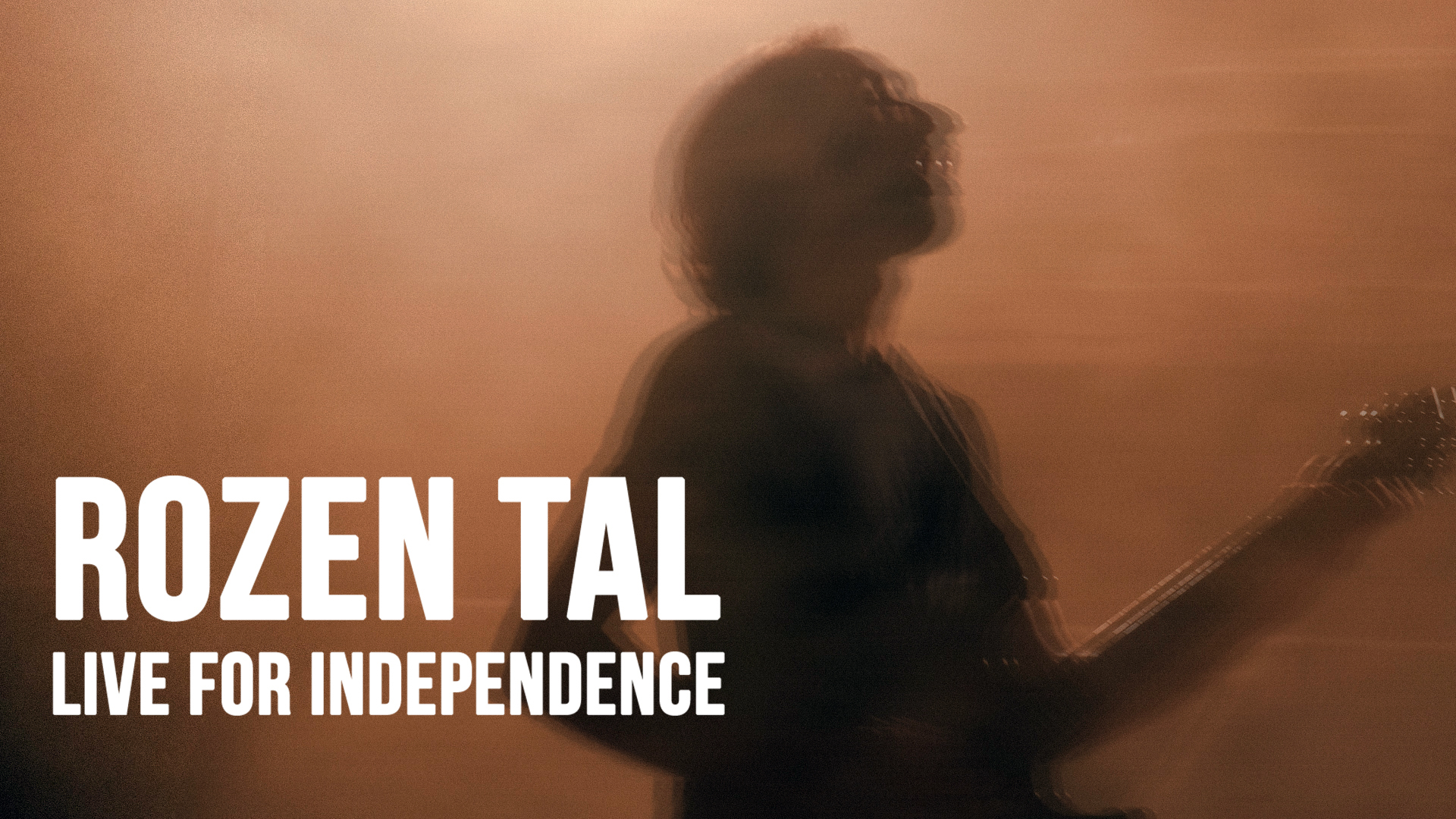
Liberating the Armenian: Rozen Tal’s new single “Megha voghormea”.
Arthur Atayan
Most recently the Armenian group Rozen Tal released a concert version of the work called “Megha Voghormea” as a “live video”. It was taken in September, 2022, from the concert entitled “Live for Independence” by “Civilnet” TV, which was filmed in the hall of the “Ararat” cinema. Rozen Tal released the single “Megha Voghormea” based on a prayer written by Mesrop Mashtots. They released it as a single before the release of the live performance album, which is already available on all streaming platforms. This Rozen Tal release is a symptom of a new turn in Armenian music and is very important for two reasons.

First, the band, gaining more and more recognition, is not afraid to play quite hard. This is really a great victory for the Armenian rock. Finally, the phobia-like fear of heavy music began to break in Armenia. Musicians and their fans are beginning to understand that the heaviness of the sound and the distortion of the guitar itself do not mean “scary voices”, long hair and leather pants, aggressive behavior and a loud motorcycle. Let’s face it, the heaviness of the sound is a fantastic musical expression, it helps us relax, cleanses us of affects (don’t be surprised, even Aristotle said something similar), and thanks to it, it becomes possible to convey a lot of very important things to the listener.

The second reason, I think, is even more important. In the last two years the group has made an unexpected turn towards Armenian lyrics and, in general, Armenian culture.
Old fans of Rozen Tal will confirm that the band has been singing in English for years; such was the poetic way of thinking of the author of lyrics, singer and guitarist Armen Yedigaryan. It seems that if your music is a mix of 70s progressive and modern hard rock, it can’t be any other way, so the texts just ask to be written in English.
It should be noted that in our reality “turning to Armenian” is unfortunately often perceived either as a mechanical repetition of musical forms hardened by decades, or as identical performances of national songs filled with superficial military-patriotic pathos. However, in the case of Rozen Tal, this change was possible only through a true and deep reinterpretation of Armenian speech and Armenian music. It becomes possible if the musician is able to abandon all stereotypes, all such attempts made up to that point and starts from scratch with a ruthless look. As a result, works are born that sound very new and fresh, sometimes very unusual, maybe shocking for some people.

However, thanks to this new perspective, on some inexplicable and elusive level, Mashtots’ words and copal dhol, mixed with the extreme riffs of Swedish Meshuggah, suddenly liberate the listener. They free us from the military-patriotic compulsion to love the Armenian language, which in our society usually engages any person from kindergarten onwards. They free us from the rebellion against Armenian, which, unfortunately, drives some people away from Armenian culture. The most important thing is the liberation from the sacred prohibition of redefining Armenian, of understanding Armenian anew. Freed from all this, the listener finally gets a chance to look at Armenian with a zero, pure view, without many positive and negative associations linked with it before.
And these things become familiar. In the same way that the poems you were forced to memorize in school suddenly became so beloved thanks to The Deenjes. How Komitas and Hayrik Muradyan returned to our everyday life thanks to Bambir and Katil. How folk motifs became tangled textures in Dogma’s works.
However, Rozen Tal are moving on their own and very different path. we can only hope that the live album will finally be followed by the first full-length album and, of course, that the band will continue to create new music just as bravely. And this is the most important thing, because today we have a really diverse and rich music scene thanks to such musicians.
Author: Arthur Atayan
